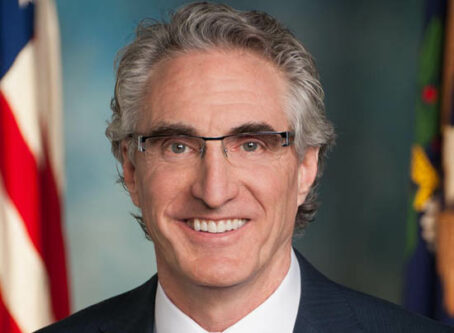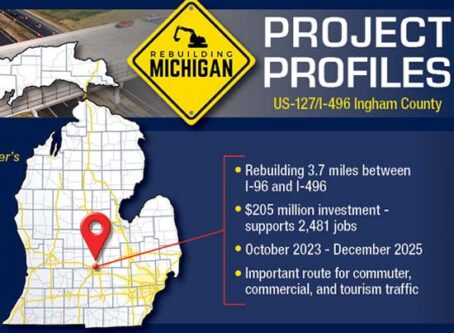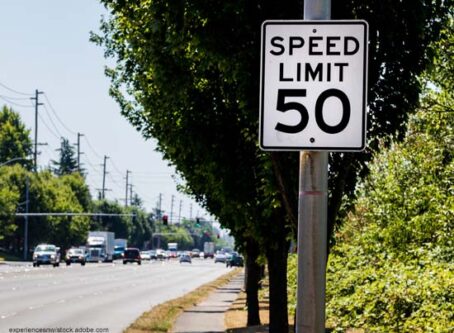Three Northeast states and D.C. to launch emissions cap-and-trade program
Connecticut, Massachusetts, Rhode Island and Washington, D.C., have all committed to implement the Transportation and Climate Initiative Program, which will curb transportation-related pollution.
On Dec. 21, governors of the three states and the mayor of D.C. signed a memorandum of understanding stating they will be the first to launch the Transportation and Climate Initiative Program. Additionally, eight more states signed a memorandum of understanding stating they will pursue a similar program. Those states are Delaware, Maryland, New Jersey, New York, North Carolina, Pennsylvania, Vermont and Virginia.
According to a news release, the Transportation and Climate Initiative Program requires large gasoline and diesel suppliers to buy what are called allowances in a cap-and-trade plan. Essentially, companies will be limited to how much carbon dioxidecan be emitted. After reaching its cap, a company can pay the government a certain amount of money to go beyond that limit. How many allowances a company can purchase will decline each year.
“By partnering with our neighbor states with which we share tightly connected economies and transportation systems, we can make a more significant impact on climate change while creating jobs and growing the economy as a result,” Massachusetts Gov. Charlie Baker said in a statement. “Several other Transportation and Climate Initiative states are also committing to this effort today and we look forward to these partners moving ahead with us as we build out this first in the nation program.”
The Transportation and Climate Initiative Program is expected to cut greenhouse gas pollution from vehicles in that region by 26% from 2022 to 2032.
The program is estimated to generate about $3 billion. Participating states are expected to use that money to invest in equitable, less polluting transportation options and to help stimulate economic recovery.
About 35% of each state’s proceeds will go toward ensuring communities underserved by the transportation system and overburdened by pollution will benefit equitably from clean transportation projects and programs, according to a news release. States expect nearly $100 million annually for those efforts.
Other potential investments from the program’s revenue include:
- Improving the reliability of public transit.
- Repairing existing roads and bridges and making transportation infrastructure more resilient to climate change.
- Expanding high speed internet for rural and low-income communities.
- Electrifying school buses and transit buses.
- Providing bus rapid transit and developing new bus routes in suburban and rural communities.
- Reducing air pollution by electrifying ports and freight facilities.
- Expanding safe bike lanes, walking trails, and sidewalks.
- Providing consumer rebates for electric and low-emission vehicles.
- Developing interstate electric vehicle charging corridors.
- Offering incentives for continued telecommuting to reduce congestion.
Although the Transportation and Climate Initiative Program allows participating jurisdictions to invest in cleaner energy with the revenue, consumers in the region may get caught in the crosshairs.
In order to make up for allowance purchases, fuel prices may increase up to 17 cents per gallon.
Earlier this year, all 11 states and D.C. signed a memorandum of understanding to continue with preliminary plans for the Transportation and Climate Initiative. After a final draft agreement and analysis, each state had the option to sign the final agreement. Only the above three states and D.C. ended up signing the final agreement. However, the remaining states have signaled they will pursue similar initiatives that are more state specific. All 12 jurisdictions have been developing the program.
In addition to environmental impacts, advocates claim the Transportation and Climate Initiative Program will have significant public health benefits. A Harvard Public Health study suggests health benefits could include up to 300 deaths avoided each year. Additionally, hundreds of childhood asthma cases avoided each year by 2032. LL









